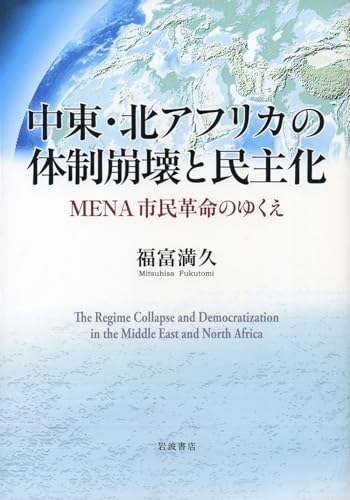7 0 0 0 中東・北アフリカの体制崩壊と民主化 : MENA市民革命のゆくえ
2 0 0 0 新生リビアの実像 : レンティア国家論に基づく一考察
- 著者
- 福富 満久
- 出版者
- 日本中東学会
- 雑誌
- 日本中東学会年報 (ISSN:09137858)
- 巻号頁・発行日
- no.24, pp.167-189, 2008-09-25
After Qaddafi accepted responsibility over the bombings of Pan Am Flight 103 in 1988 and UTA Flight 772 in 1989, he agreed to provide financial compensation to the families of the victims. As a result, the UN sanctions against Libya were lifted on September 12, 2003. In December 2003, Qaddafi publicly announced that Libya had renounced its weapons of mass destruction and ballistic missile development programs. Qaddafi brought Libya back into the world community. Although the 1990s were years of decline and isolation for Libya on both political and economic fronts, it did not pose a serious threat to the Qaddafi regime. On the other hand, Qaddafi successfully established closer relations with the EU and its neighbouring countries. During this period, the Libyan government continued to control the oil revenues dominating its socialistoriented economy -the Rentier State-. The change in Libya's behavior illustrated a bold attempt by Qaddafi to reunify the state and its identity, in order to maintain the Rentier State economy and keep Qaddafi's regime in power.


